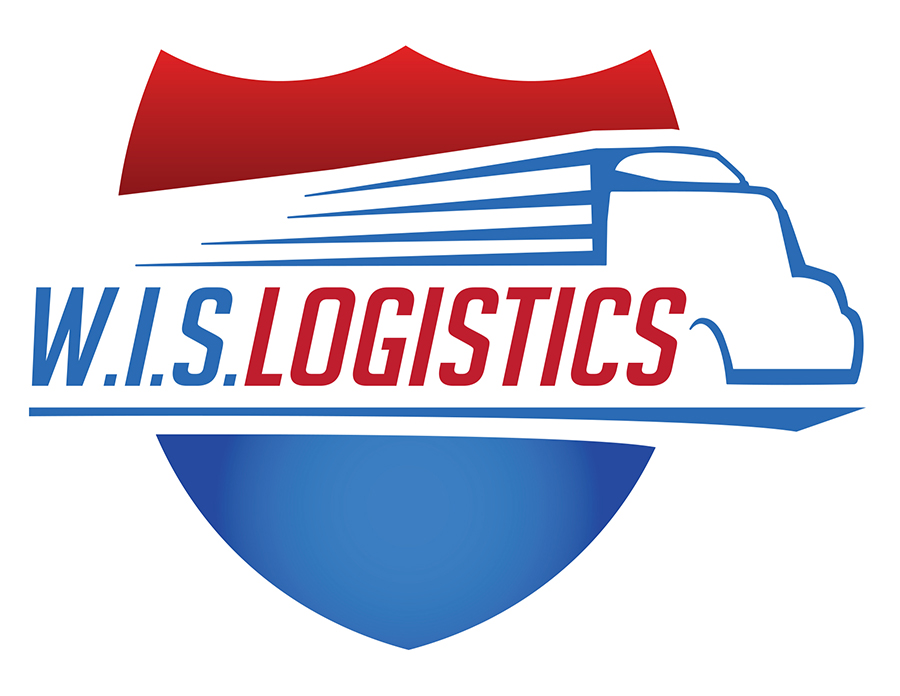For companies looking to improve operations, navigate complex supply chains and focus on core competencies, outsourcing to a third-party logistics (3PL) or fourth-party logistics (4PL) company can be a practical approach. Not only can a company leverage a logistics partner with specialized knowledge and experience, but they also benefit from improved cost efficiencies, flexibility, advanced technology, and risk mitigation.
While 3PLs and 4PLs both answer critical logistics needs, there are key differences between the two in relationship, approach, and scope of service – and one may be a better fit than the other based on a company’s unique situation.
What is a 3PL?
A 3PL offers an array of fulfillment solutions that businesses rely on to improve their operations – warehousing, intermodal transportation, LTL and FTL shipping, reverse logistics, and more.
Operating as a go-between for companies and carriers, 3PL providers boost scalability, expanded reach and customer service. Companies partnering with a 3PL experience faster, more reliable and cost-effective deliveries, which alleviates pain points and improves their bottom line.
3PL relationships tend to be task-oriented and more transactional in nature. In this service model, the company leveraging the 3PL retains control over supply chain decisions and provides oversight. The 3PL is integrated into existing logistics systems and processes to address immediate needs.
How is a 4PL different?
In contrast to a 3PL, a 4PL manages all elements of the supply chain, providing strategic insight as well as execution. 4PL relationships are fundamentally more strategic and service-oriented, with the 4PL provider acting as the sole point of contact for all supply chain functions (or as much of it as the customer is comfortable with). Focusing on optimization and collaboration, a 4PL seamlessly integrates enterprise solutions through onsite training and support.
Advantages of a 4PL include:
- Full team of seasoned logistics specialists for a fraction of the cost
- Strategic in nature – taking full control of the logistics operation and providing oversight
- No risks associated with hiring or retaining logistics positions in-house
- A cloud-based Transportation Management System (T.M.S.) provides transparent data to help create tighter supply chain management and ROI
- Employee benefits are held with the 4PL
Ultimately, a 4PL helps you gain a competitive advantage – providing comprehensive supply chain management from beginning to end and mitigating issues.
Determining what’s right for your business
Deciding between a 3PL and 4PL for your business can be difficult, since the strategic objectives of your business and the intricacy of your supply chain is unique.
3PLs are often better suited for companies with established supply chain strategies that are looking for help with execution. For a small-to-medium company looking for more one-off transactions, a 3PL is ideal.
On the other hand, a 4PL can answer more complex challenges by managing the entire supply chain, which makes the service optimal for medium-to-large national and multinational companies.
Looking for a logistics partner, but trying to decide between a 3PL and 4PL? We would love to have a conversation. Contact us today!
